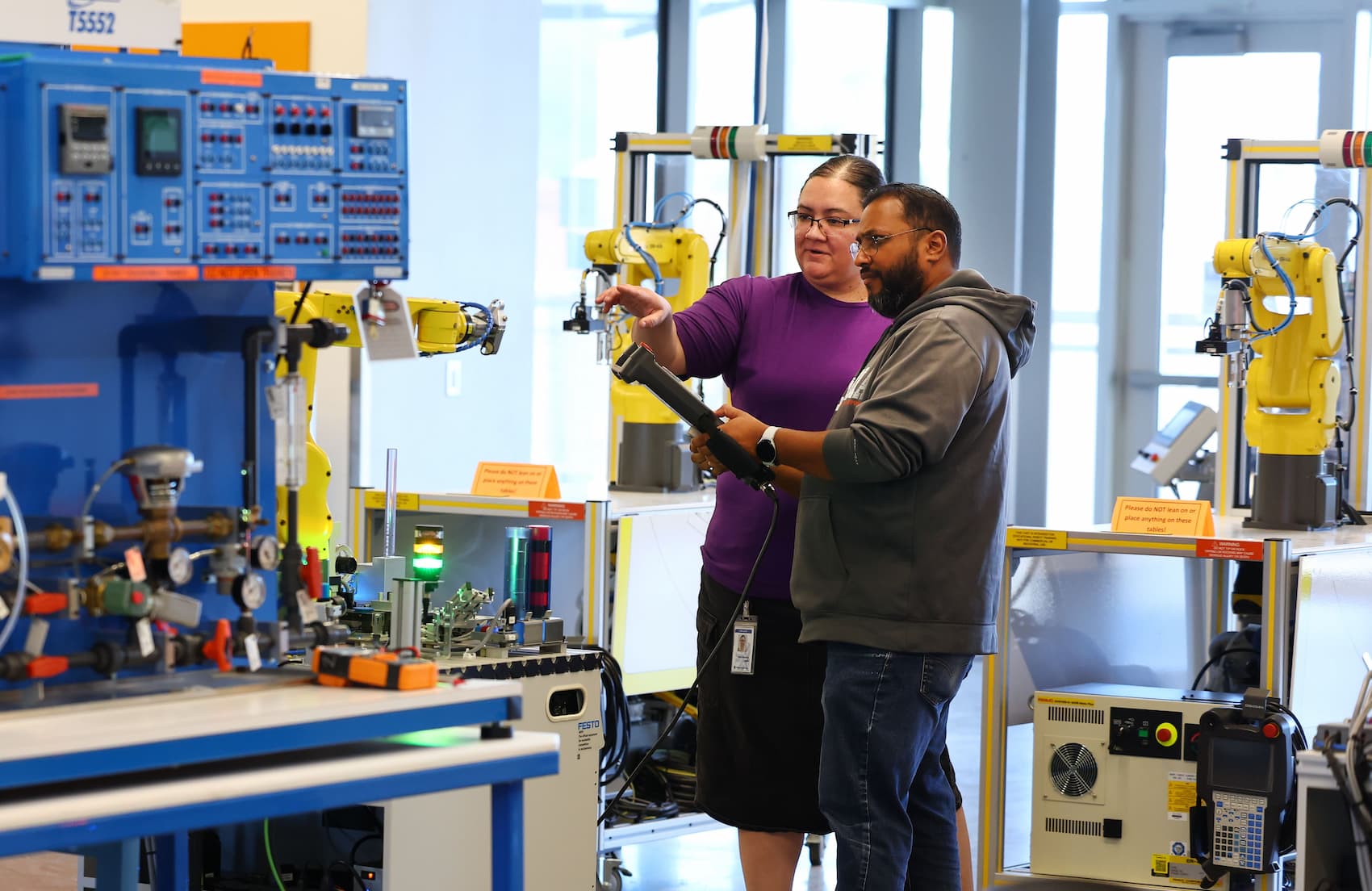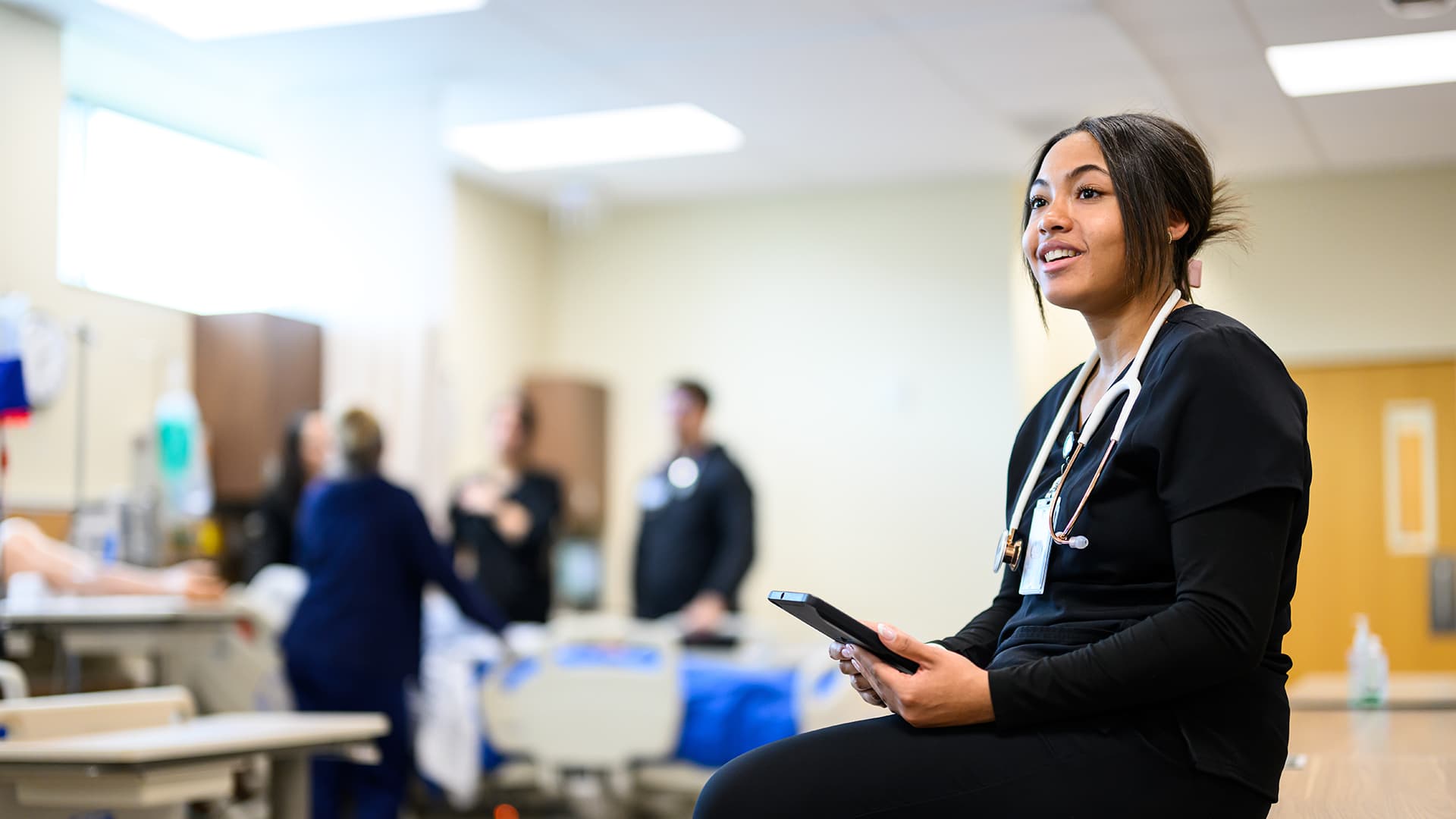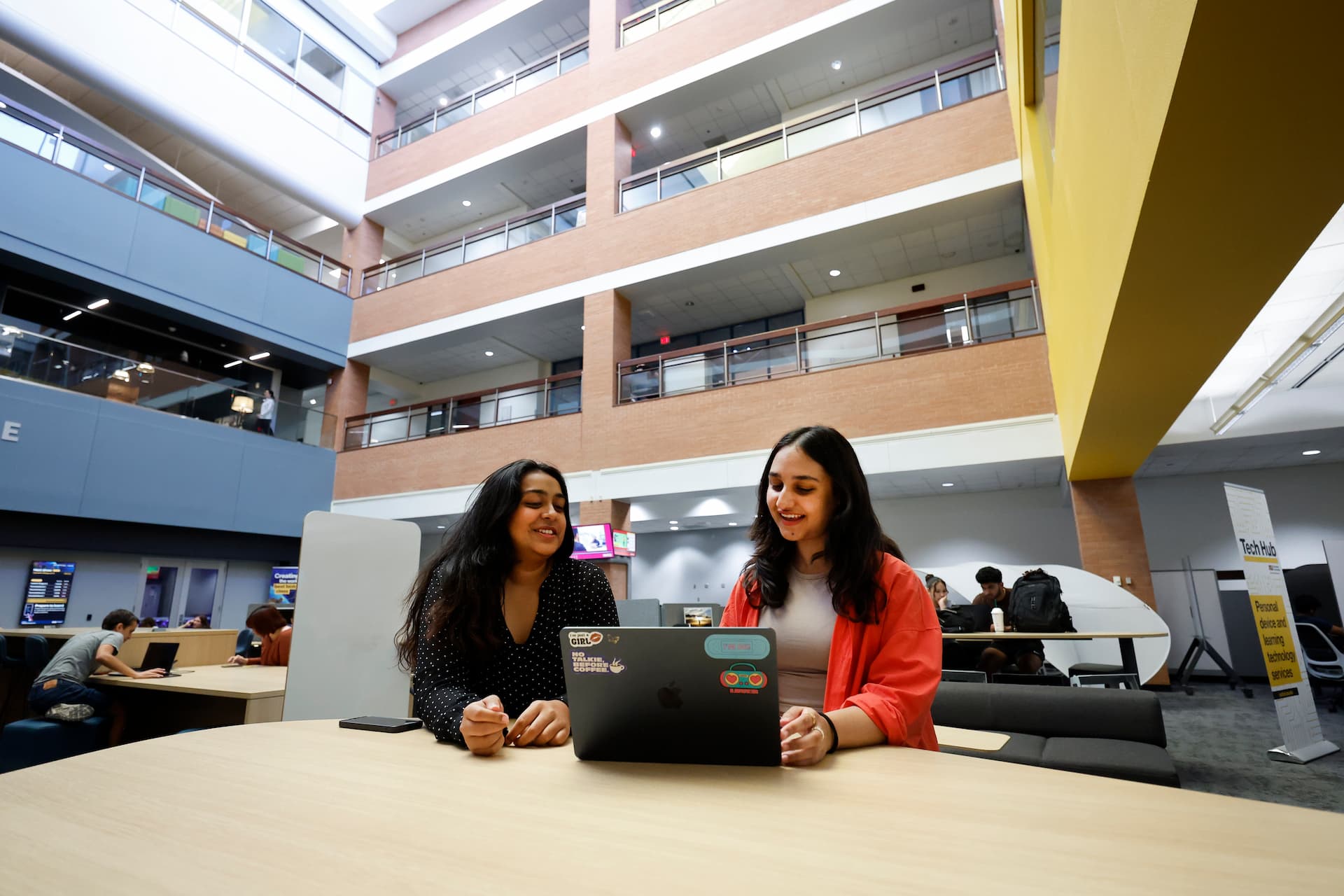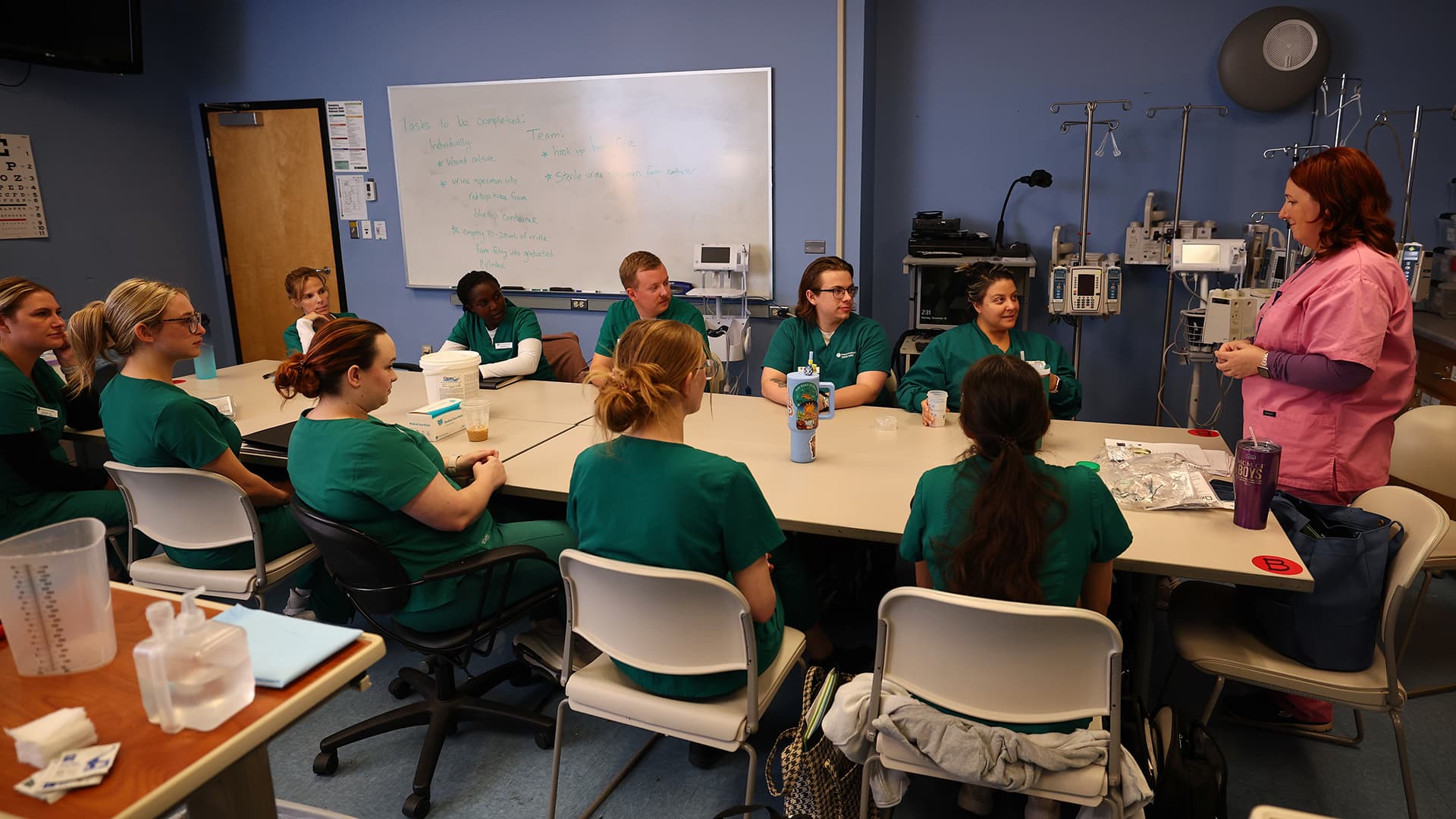From co-ops to apprenticeships, a deeper look at 7 types of work-based learning

Colleges and universities recognize that students view their education as a launching pad for their future and that work-based learning experiences can be an effective strategy for helping students connect their education to career opportunities.
A recently released Strada report analyzed survey data from seniors enrolled at public four-year universities and colleges about seven different kinds of work-based learning experiences. While the universe of work-based learning is not limited to these seven models, Strada’s report provides some important data points about the value and potential of these types of experiences.
The models featured in the report include:
Internships, both paid and unpaid. An internship is a position held within an established company or organization while also completing a college degree, certificate, or diploma program and performing tasks similar to those done by entry-level employees.
Practicums. A practicum immerses students in a profession-specific environment under close guidance, enabling them to develop practical skills and integrate classroom knowledge with real-world applications, particularly common in fields such as education, health care, and social work.
Project-based learning. Project-based learning involves participating in real industry projects that help students apply classroom knowledge and help employers fulfill short-term needs.
Undergraduate research. Undergraduate research provides students with the opportunity to participate in ongoing scholarly investigations alongside faculty mentors, contributing to new knowledge in a specific field.
On- and off-campus jobs. Traditional employment that occurs either on campus or off.
While not included in this report, other work-based learning experiences include:
Apprenticeships. An apprenticeship is a paid job that integrates on-the-job training with classroom learning, allowing individuals to learn a trade or profession and gain real-world experience under the guidance of an experienced mentor.
Micro-internships. A micro-internship is a short-term, project-based work experience that involves fewer than 40 hours of work, allowing students to gain practical skills by completing a specific project within a professional setting.
Co-op programs. Co-ops provide students with alternating semesters of classroom study and paid professional work experiences, fostering a deep connection between theory and practice in a specific career field.
Service learning. Service learning integrates volunteer work with academic coursework, allowing students to deepen their understanding by applying classroom knowledge to address community needs.
Giving students the opportunity to participate in work-based learning experiences is one of the most promising strategies for helping students connect their education to opportunity. Unfortunately, these kinds of experiences remain too scarce, so only a limited number of students reap the benefits. Innovation and the expansion of the scale and scope of work-based learning opportunities are needed to enable more students to have experiences that bridge academic and workplace learning.





.jpg)






.avif)
.avif)




